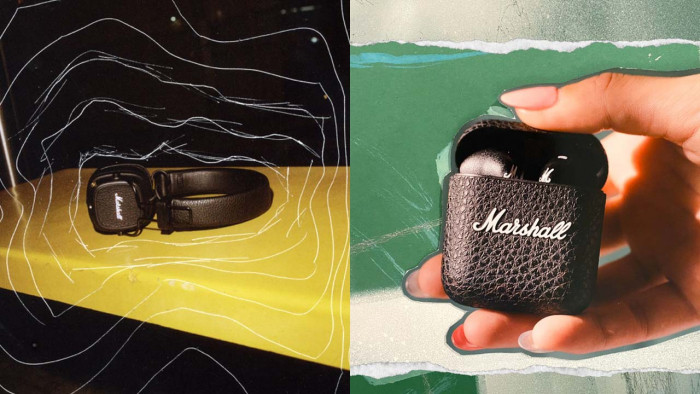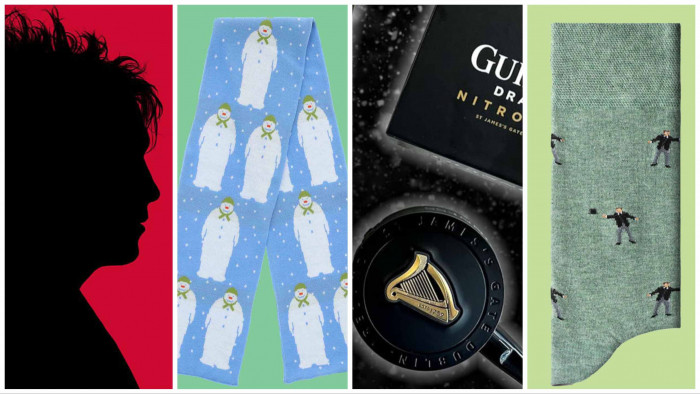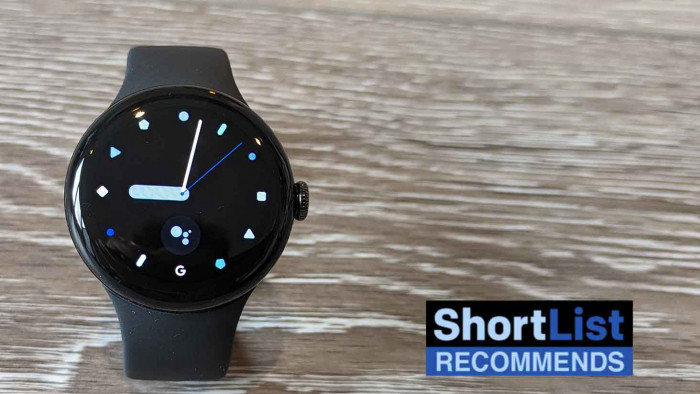Guns, drugs and (some, but not all) nudity: What Facebook won’t let you post
"Anuses are completely banned... unless they're photoshopped on a public figure"


We’re all now intimately aware of the rough time Facebook has been going through recently, from claims of spreading fake news to the Cambridge-Analytica scandal.
And as the social media giant seeks to recover, it has released a detailed breakdown of all the stuff that is and isn’t allowed on its platform.
Zuckerberg said in a post yesterday: “One of my goals for this year is to develop a more democratic and independent system for determining Facebook’s Community Standards – the rules that govern what content is allowed in our community.
“The first step in this direction is creating full transparency about our current rules and how we enforce them. We have always published the Community Standards, but starting today we’re also making transparent our internal guidelines for how exactly we define hate speech, violence, nudity, terrorism, and other content we don’t allow. These standards are a work in progress, and sharing them openly will help us get feedback from you to make them better.
“Balancing free speech and safety is a challenge both on and off Facebook. We’ll continue working hard to get this right for our community, and I look forward to sharing the next steps over the coming months.”
Here’s a breakdown of what Facebook won’t let you get away with…
1. Violence and dangerous individuals
Specifically, Facebook doesn’t allow content from groups linked to terrorist activity, organised hate, mass or serial murder, human trafficking, organised violence or criminal activity.

Trading in weapons and illicit drugs is off the table
2. Buying or selling guns and drugs
The social network prohibits people from purchasing, selling or trading non-medical drugs, pharmaceutical drugs and marijuana. They also prohibit the purchase, sale, gifting, exchange and transfer of firearms, including firearm parts or ammunition, between private individuals on Facebook.
Read more: It’s not just Facebook – here’s what data your other favourite apps are tracking
3. Encouraging suicide and self-harm
The guidelines say: “In an effort to promote a safe environment on Facebook, we remove content that encourages suicide or self-injury, including real-time depictions that might lead others to engage in similar behaviour. Self-injury is defined as the intentional and direct injuring of the body, including self-mutilation and eating disorders.”

Anything encouraging suicide or self-harm is rightly banned
4. Child nudity and sexual exploitation of children
The guidelines add: “We do not allow content that sexually exploits or endangers children. When we become aware of apparent child exploitation, we report it to the National Center for Missing and Exploited Children (NCMEC), in compliance with applicable law. We know that sometimes people share nude images of their own children with good intentions; however, we generally remove these images because of the potential for abuse by others and to help avoid the possibility of other people reusing or misappropriating the images.”
5. Sexual exploitation of adults
Facebook says: “In an effort to create space for this conversation while promoting a safe environment, we remove content that depicts, broadcasts, threatens or promotes sexual violence, sexual assault or sexual exploitation, while also allowing space for victims to share their experiences.”
6. Bullying and harassment
The guidelines go on: “We will remove content that purposefully targets private individuals with the intention of degrading or shaming them. We recognise that bullying can be especially harmful to minors, and our policies provide heightened protection for minors because they are more vulnerable and susceptible to online bullying.”
And - very relevant after the spread of fake news about the Florida school shooting survivors - Facebook does not allow the targeting of victims or survivors of violent tragedies by name or by image, with claims that a person is: lying about being a victim of an event; acting/pretending to be a victim of an event; or otherwise paid or employed to mislead people about their role in the event.
7. Hate speech… unless it’s for a joke
Facebook does not allow hate speech “because it creates an environment of intimidation and exclusion and in some cases may promote real-world violence.”
They define hate speech as a direct attack on people based on race, ethnicity, national origin, religious affiliation, sexual orientation, sex, gender, gender identity and serious disability or disease.
They add: “We allow humour and social commentary related to these topics. In addition, we believe that when people use their authentic identity, they are more responsible when they share this kind of commentary.”

Oh, cheeky! Facebook has tough rules on nudity
8. Adult nudity and sex
Visible genitalia and uncovered female nipples are banned except in the context of breastfeeding, birth-giving and after-birth moments, health (e.g. post-mastectomy, breast cancer awareness or gender confirmation surgery) or an act of protest.
Interestingly, there’s also a loophole that allows a “visible anus and/or fully nude close-ups of buttocks unless photoshopped on a public figure.” So remember that one next time you want to beat the system.
9. Fake news
Although not explicitly banned, the guidelines say: “Reducing the spread of false news on Facebook is a responsibility that we take seriously. We also recognise that this is a challenging and sensitive issue. We want to help people stay informed without stifling productive public discourse. There is also a fine line between false news and satire or opinion. For these reasons, we don’t remove false news from Facebook, but, instead, significantly reduce its distribution by showing it lower in News Feed.”
(Images: Getty / Pixabay)








